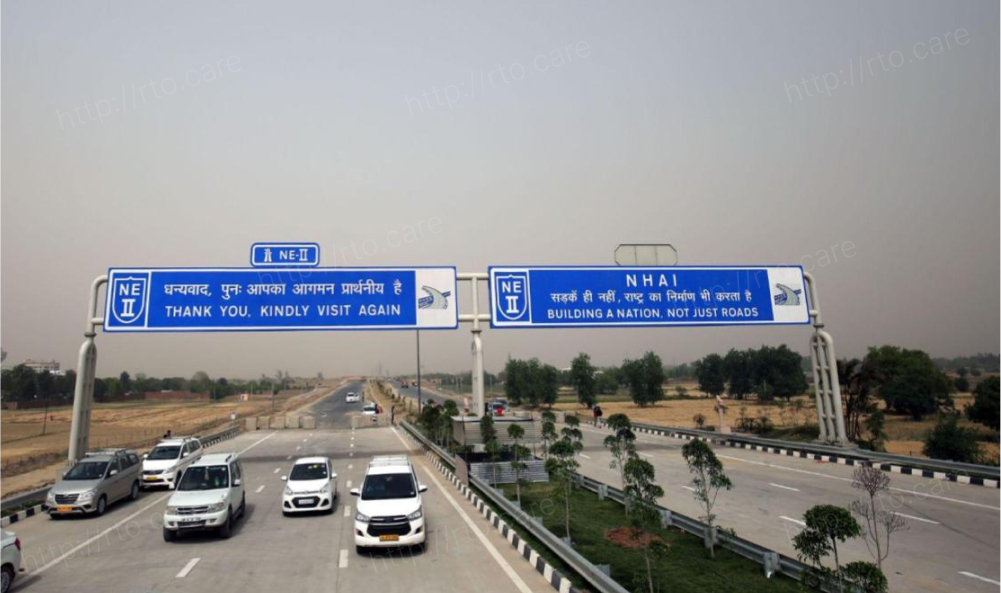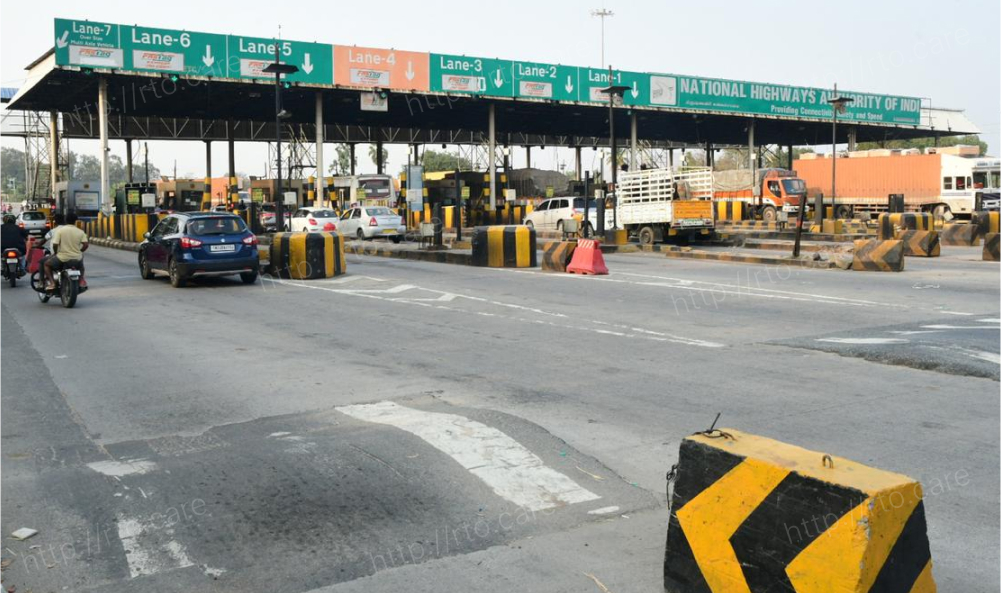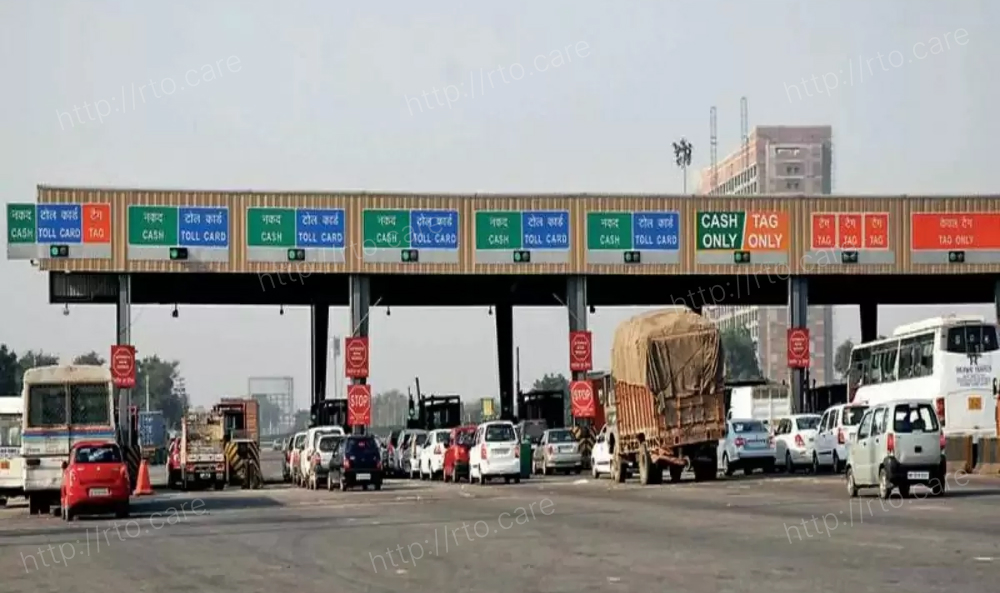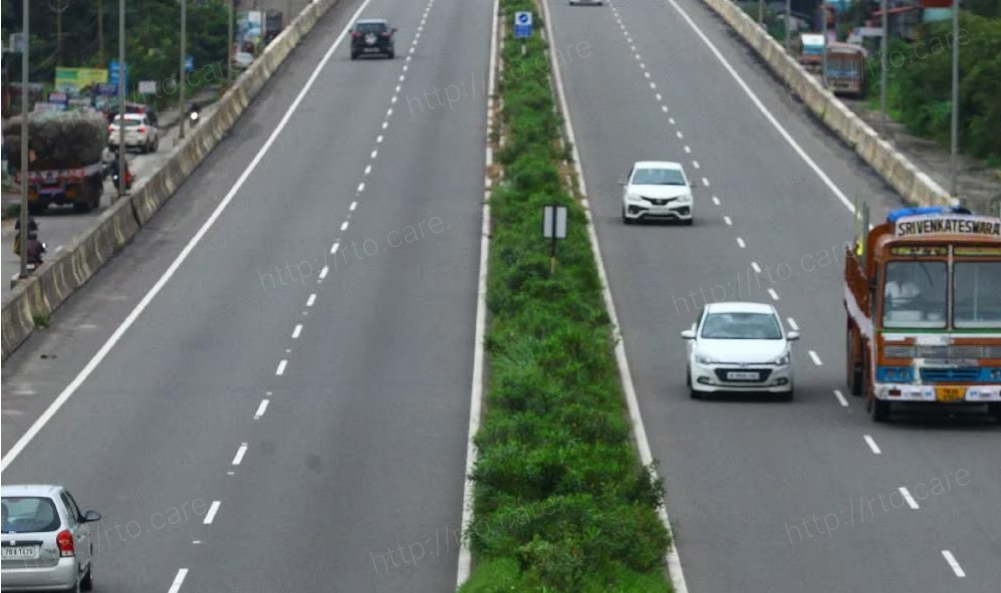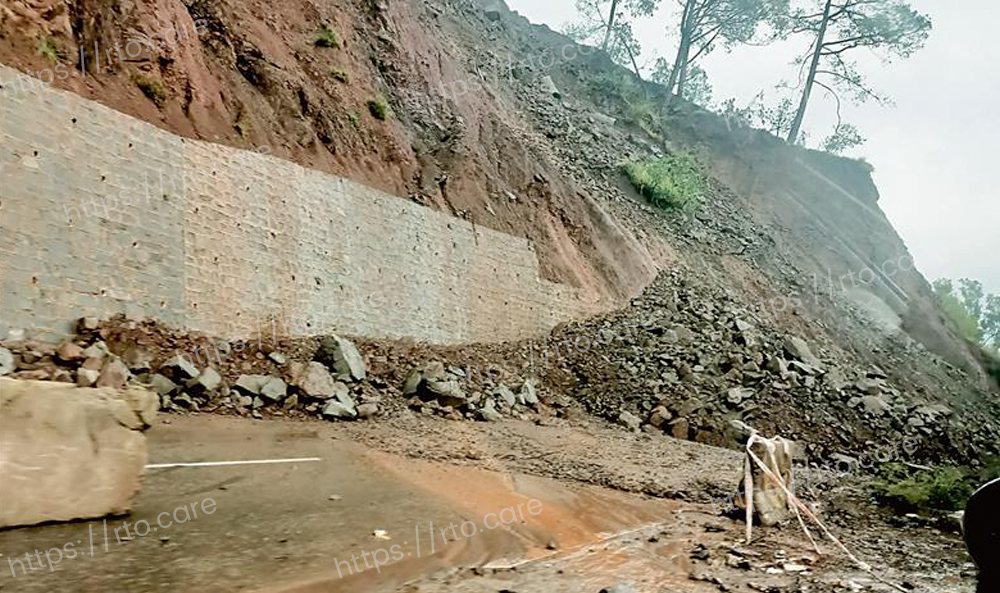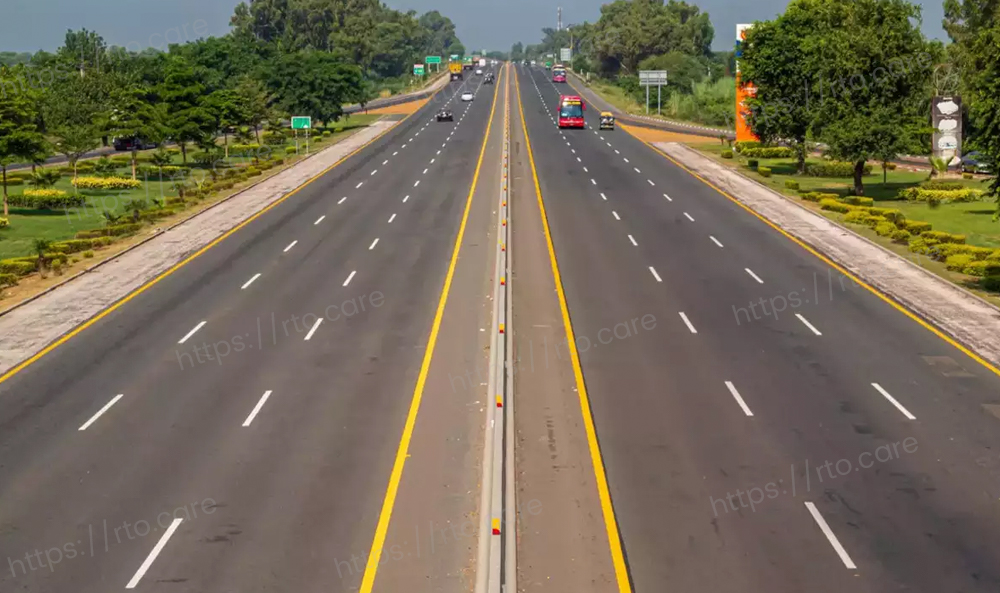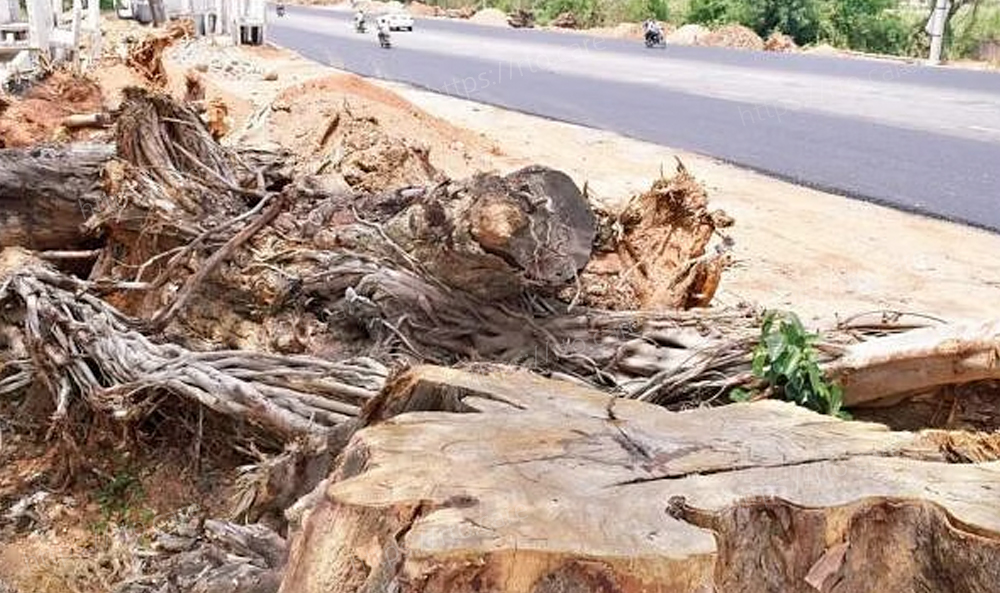India may soon witness the advent of self-healing roads, as the National Highways Authority of India (NHAI) explores innovative technology to revolutionize road maintenance. This groundbreaking approach involves utilizing self-healing asphalt, designed to combat the persistent issue of potholes, a significant contributor to road accidents and fatalities in the country.
A senior government official, speaking anonymously to ET, disclosed the consideration of ingenious methods to enhance road durability and tackle the pothole dilemma. The self-healing properties of this specialized asphalt offer a promising long-term solution. However, before widespread implementation, the government plans to conduct a comprehensive cost-benefit analysis to ascertain its viability and efficacy. The official emphasized the potential to extend road lifespan and minimize the need for maintenance, thereby reducing traffic disruptions.
In 2022, India witnessed a concerning 22.6% increase in road accidents attributed to potholes on national highways, rising from 3,625 incidents in 2021 to 4,446. Tragically, these accidents resulted in the loss of 1,856 lives, marking a 25.3% year-on-year escalation.
The self-healing asphalt technology operates by integrating small steel wool pieces into bitumen, the binding agent in asphalt. This addition renders the bitumen conductive, enabling heating through an induction machine. The heating process facilitates the binding of bitumen with stones and gravel in the asphalt, effectively repairing cracks and thwarting pothole formation.
For road maintenance, the road transport and highways ministry has allocated Rs 2,600 crore in the 2024-25 budget, aligning with previous estimates and exceeding the expenditure of Rs 2,573.66 crore in 2022-23.




